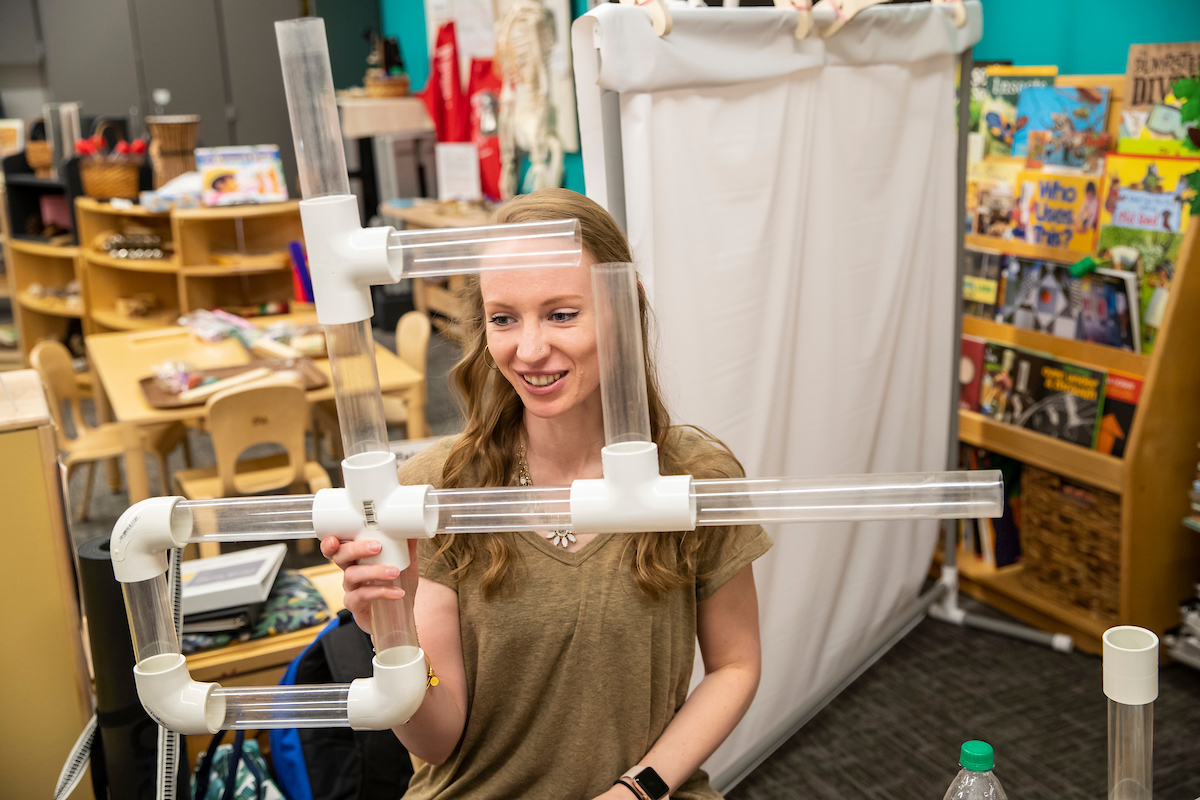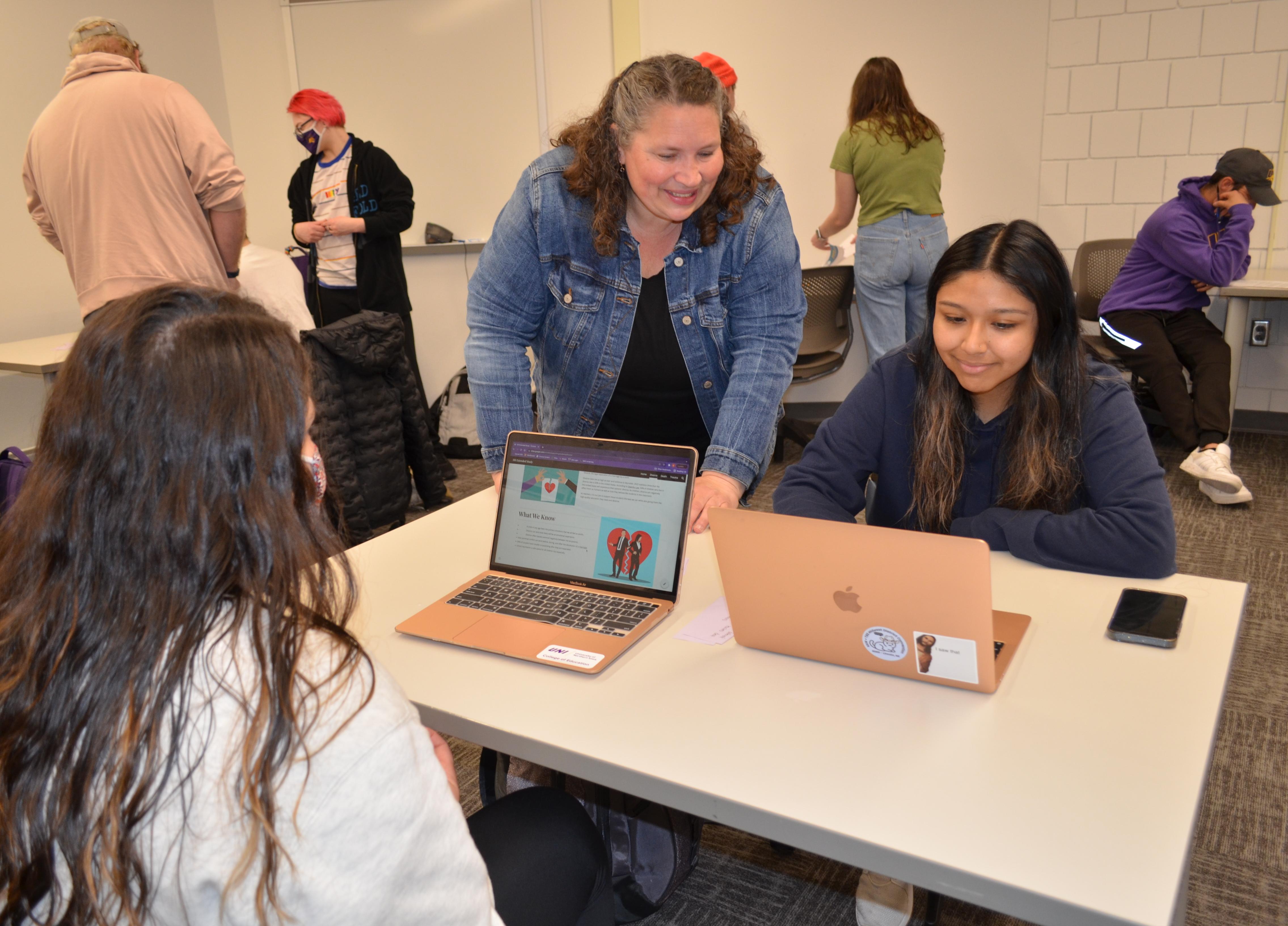Internship 1
In the field, early and often
Preparing to teach is a true combination of practice and pedagogy–understanding how students learn, how to teach and the subject matter itself.
At UNI, the practical side of learning is an invaluable part of the process of ensuring you’re ready to lead your first classrooms.
These first hands-on opportunities are part exploration and confirmation that you truly were made to teach–from your initial observations before or after you enroll, to preparing and teaching one to two lessons in your first clinical internship. Along the way, you’re laying the foundation for next steps.

A Beginning Foundation
Exploring the world of teaching
To be licensed as a teacher, you must complete at least 10 hours of classroom observation before being admitted to a teacher education program. Today, many transfer students or incoming high school students have already completed equivalent coursework and experience prior to enrollment. Still need those 10 hours? We have a course for that (TEACHING 2020) and will ensure you get started.
Whenever and wherever you get this early experience, it’s an essential first step. Often, it helps answer the question “Do I want to teach?” Whatever answer you land on, it’s what’s right for you.
Planning, teaching, reflecting
Teaching Internship 1 gets you actively involved with 35 or more hours in a classroom. You’ll be among the 250 or so students each semester taking your first steps in developing lesson plans, teaching one or two lessons in Pre-K12 classrooms, reflecting on your experiences and documenting the process of teaching.
At the same time, you’ll take a methods course, learning “how to teach.” Your methods and clinical faculty and mentor teachers will work together to ensure a semester which lets you learn and grow.
The teacher education placement team secures placements---in the Cedar Valley for on-campus students, and with other districts for online students. Your courses fall within the Educator Essentials coursework (EDUC 2400) required for all teacher education students.
NOTE: On campus early childhood majors focus on infant/toddler experiences with childcare providers in the Cedar Valley, including home visits with AEA professionals, and at the UNI Child Development Center or Early Head Start in the Waterloo school district. Similar experiences are created for place-bound online students.

